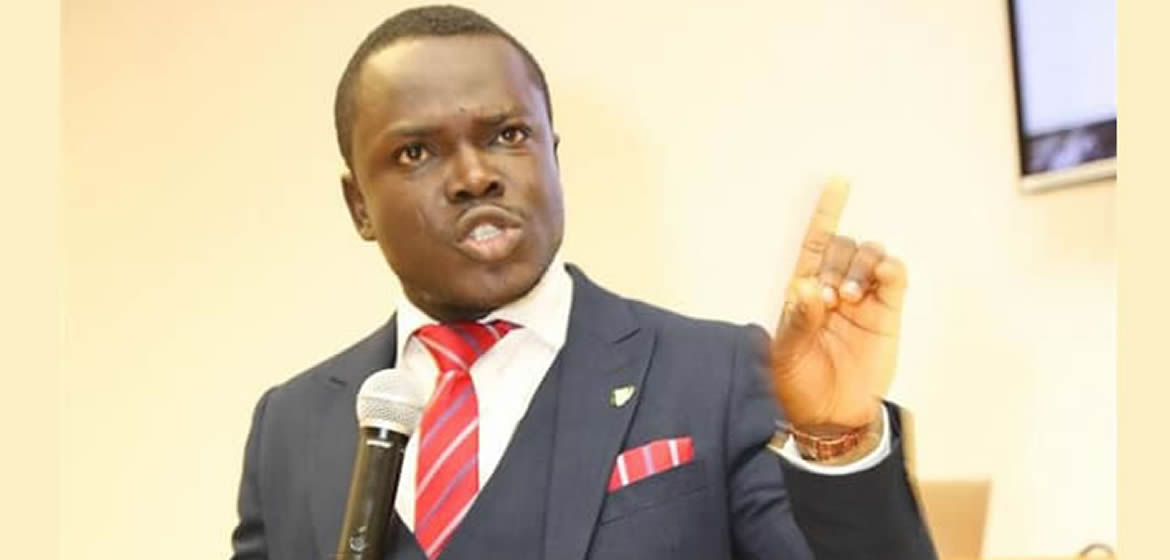Governments in African countries should improve their funding of education by adhering to the United Nations Educational, Scientific and Cultural Organisation's recommendation that 26% of the budgets in developing countries be allocated to the education sector.
Prince Joshua Oyeniyi, an entrepreneur and the Convener of The Ambassadors Summit Africa, made this recommendation amongst a host of others as one of the facilitators at the recently held 5th edition of the Covenant-International Conference on African Development Issues (C-ICADI). The theme of the conference organized by Covenant University was "Right Education, Innovation and Entrepreneurship: Sustainable Development Solutions for the Africa We Want".
He added that governments, through their education management agencies, should embark on proper planning that would involve forecasting and estimating the financial, human and material resources implication of any educational programme before embarking on such a programme.
Prince Oyeniyi, while making a presentation titled "Democratizing Education for the Africa We Want", said democratization of education was a process in which access to the realization of the right to education was unrestricted, and ways of its mass use were opened at all levels.
Democratization of education, he stated, enhanced the vast social influence in politics, financing, planning, and the practice of knowledge of the population. "This is by the expansion of the network and improvement of financing, reduction of the impact of the state bodies, decentralization of decision-making at different levels, the inclusion of the teacher and other employees, parents, students, and representatives of the various social structures among others," he explained.
Prince Oyeniyi, a winner of the Global Student Entrepreneur Awards in Nigeria, said that democratization of education was based on the interaction of four major interrelated components. These, he stated, included the democratization of the forms of scholarly activity and the democratization of the content of education. Others included the humanization of the functions of education institutions and extra‐curricular student activities, and the democratization of the interactions of knowledge with the other spheres of social life.
While citing South Africa and Zambia as two African countries where education had been democratized, Prince Oyeniyi said that "Article 26 of the 1948 Universal Declaration of Human Rights states that everyone has the right to education and that education shall be free, at least at the elementary and fundamental stages". He said it was a significant contributory factor to the democratization of knowledge. The demand for education and the UNESCO goal of "Education for All" were other contributory factors, he added.
Africa, he posited, must embrace democratization of education because it had predictable effects on individuals' income and cognitive abilities. He stressed that increase in access to education was associated with favourable social outcomes, and the poverty level of a nation could be seen to nosedive when a lot of her citizens had access to quality education.
In other recommendations, Prince Oyeniyi urged governments in Africa to give adequate attention to entrepreneurial education, which would produce self-reliant and independent citizens. He advocated that there should be a regulation of the establishment of private educational institutions such that only schools that met the minimum standards were approved. He emphasized that education should be made available and affordable for all and sundry by the government.

